I recently made a couple of changes to my photography gear which resulted in me adding a Nikon 1 V3 to my kit and selling my J4 with WP-N3 waterproof housing. I wanted to put my new acquisition to the test and decided to photograph some water birds. So, I headed off to LaSalle Park in Burlington Ontario as I had heard that there was over a thousand birds at that location. While the winter is often drab and dull, photographing birds can still be a very enjoyable outing.
There is a good population of Trumpeter Swans at LaSalle Park, making for numerous still image opportunities, and if one is lucky some photographs of birds-in-flight as well as some water landings. The juvenile swan above looked quite humorous landing tail first, feet up.
Ducks are even more abundant at LaSalle Park and photographing them landing can be a bit of a challenge as areas close to shore can be densely populated.
While the continuous auto-focus on my Nikon 1 V3 can struggle somewhat in overcast, low contrast lighting it does quite a good job under decent lighting conditions. I’ve not yet had the opportunity to use it to shoot birds-in-flight under bright sunlight conditions.
Even though I was focused on capturing birds-in-flight I also specifically looked for more static image opportunities, especially when some lighting caught my eye.
I shot quite a bit using AF-C with subject tracking at 20 frames per second. This helped to produce some nice photo runs that allowed me to be more selective with image choice.
Even common sea gulls provided some interesting image opportunities under the right conditions such as softer looking water and nice, dispersed lighting. (Note: gull images were captured at Grimsby Harbour later on in the afternoon).
Capturing swans in flight is always a treat and getting two in unison made it even better. Most of the swans at LaSalle Park are tagged so they can be tracked during migrations. I heard today from one of the bird watchers at the park that one of the tagged swans was recently seen in Nova Scotia.
The continuous auto-focus with subject tracking on my Nikon 1 V3 did a good job staying on subject even when the birds landed on crowded areas of the bay.
I captured a few nice AF-C runs of swans landing on the water. I couldn’t help but imagine that the one above was waterskiing behind an invisible boat.
While not captive, many of the birds at LaSalle Park are very used to being around humans and you can get quite close to them. This allows for some nice detail images.
Comparing the two images above you can easily see the difference in plumage between an adult and a juvenile bird.
Ducks, of course, are commonplace but they still make excellent subjects to test the image sharpness of your kit.
I not only pay attention to feather detail, but also like to examine the sharpness of a bird’s beak and eye in an image.
I do my best to resist the temptation to press the shutter on my camera too early when photographing birds-in-flight. I’d rather miss a shot than end up with a subject that is very small in a series of frames and waste shutter actuations on images I have no hope of ever using.
I often shoot birds-in-flight using Manual settings with my V2s, but since I’m not yet familiar with my V3 I chose to shoot using Shutter priority and letting my ISO float. Overall, I was pleased with the results of my short three hour outing this morning.
All of the images in this article were produced from RAW files using my standard process of DxO OpticsPro 11, CS6 and Nik Suite.
Article and all images are Copyright 2017 Thomas Stirr. All rights reserved. No use, adaptation or duplication of any kind including electronic is allowed without written consent. Photography Life is the only approved user of this article. If you see this article, or any portions of it, or images reproduced anywhere else it is an unauthorized and illegal use.
The post Photographing Water Birds in Winter appeared first on Photography Life.
from Photography Life https://photographylife.com/photographing-water-birds-in-winter
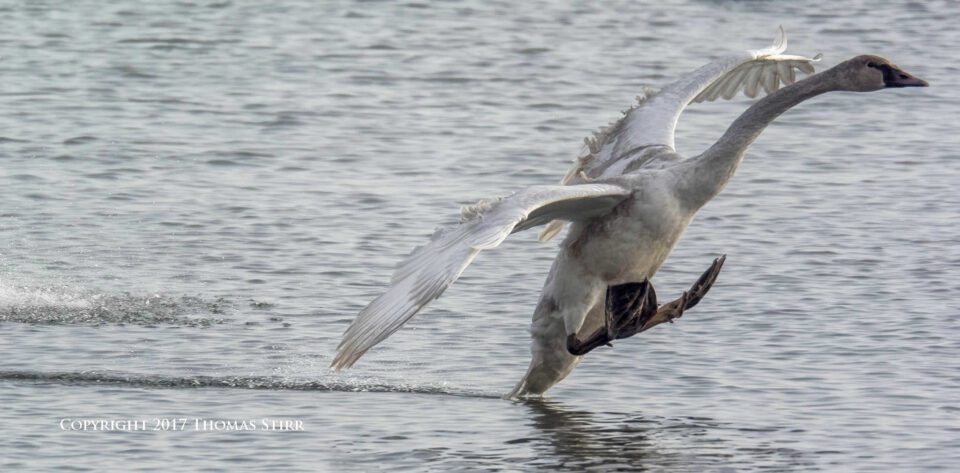
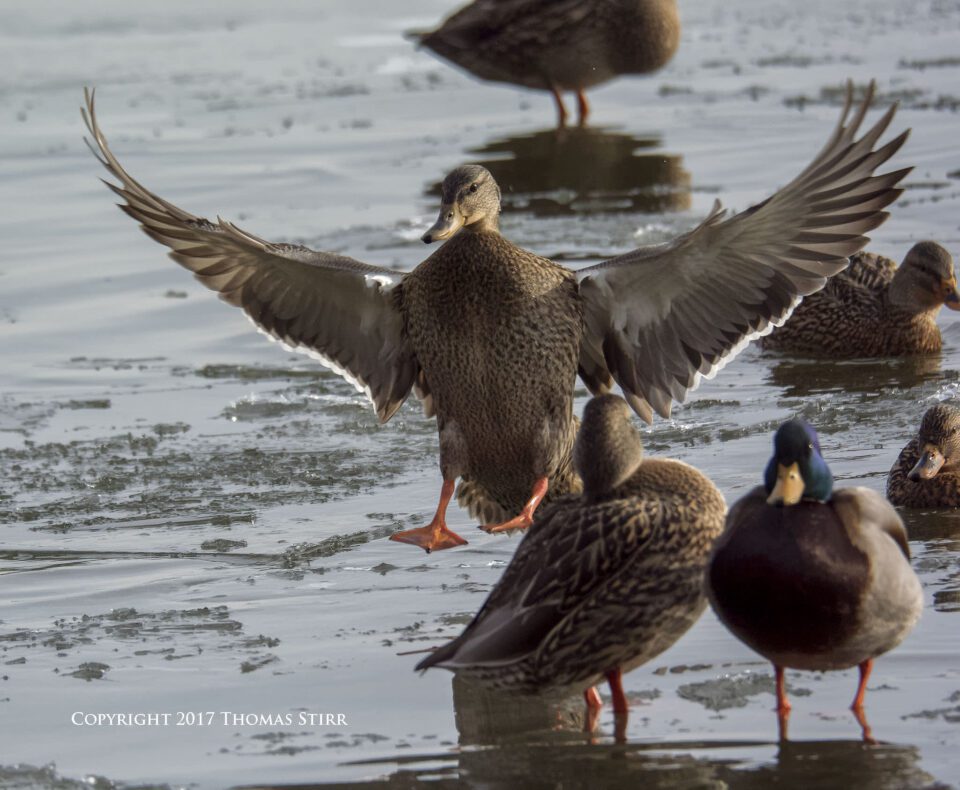
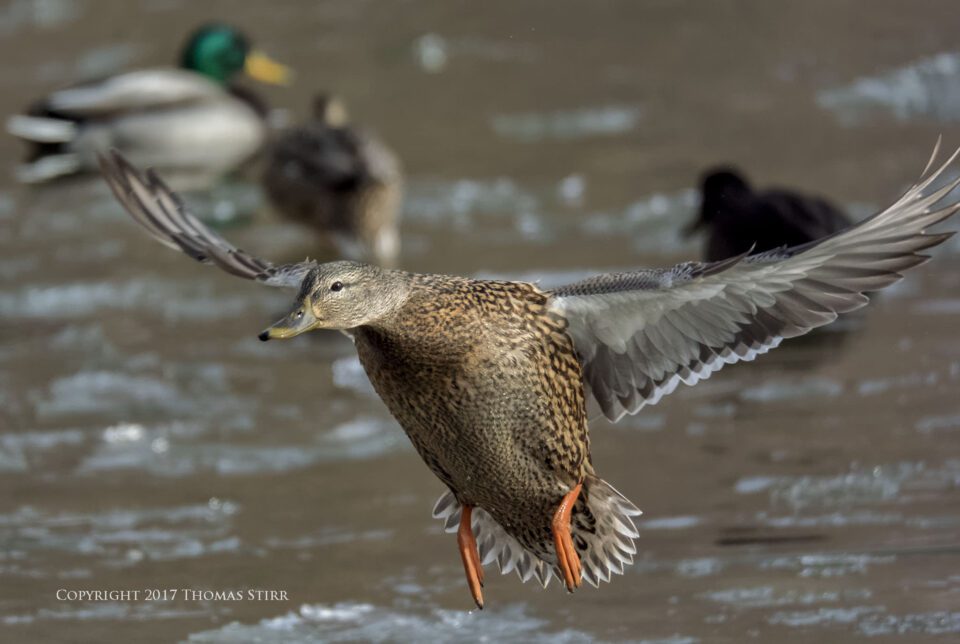
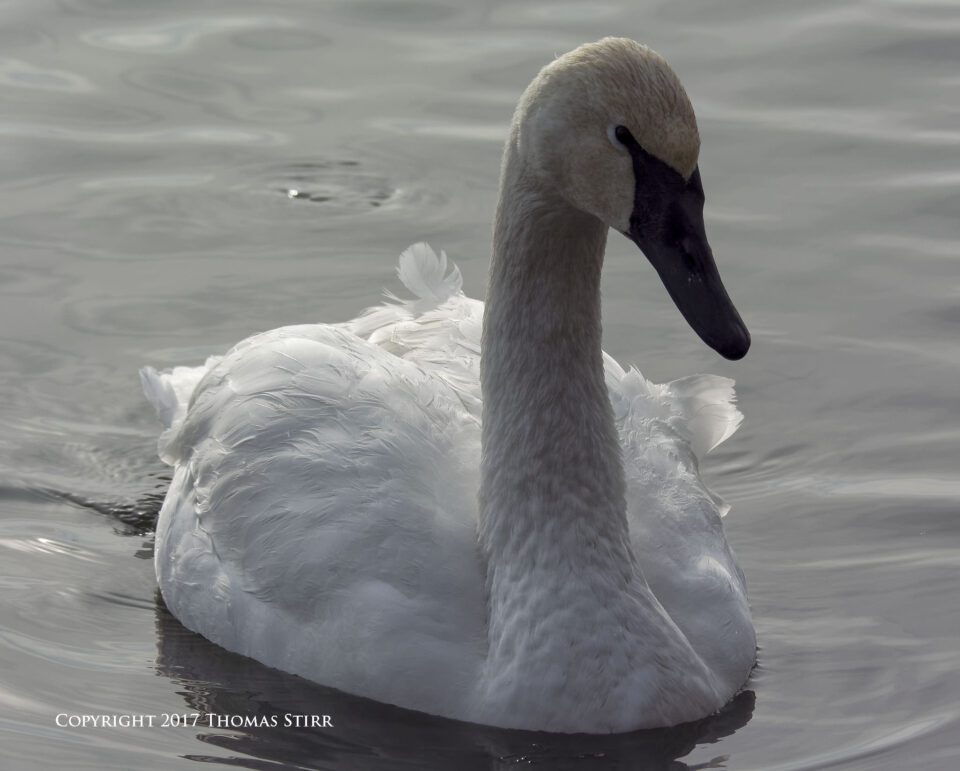
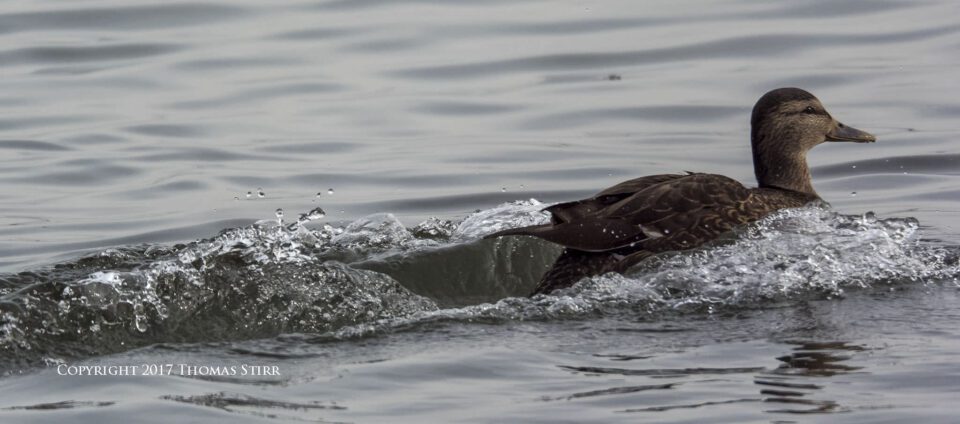
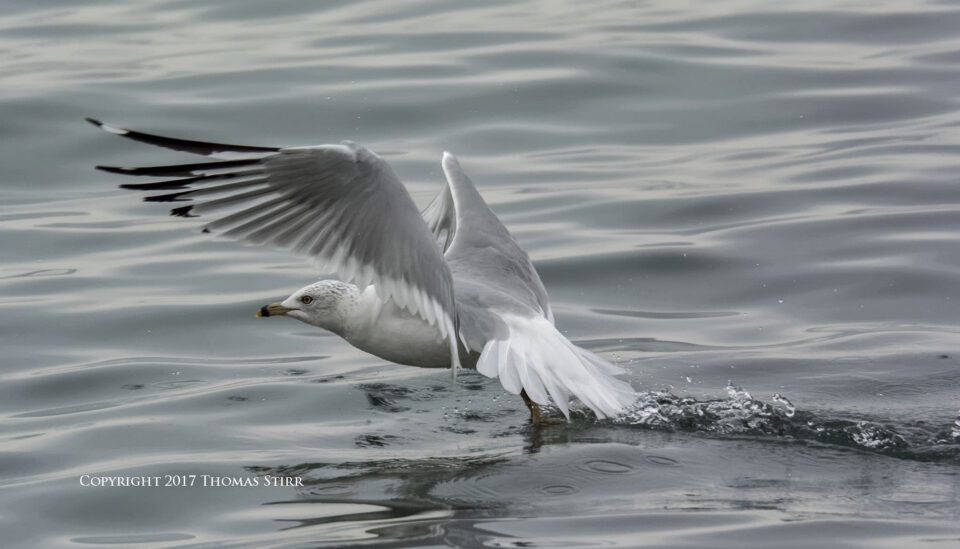
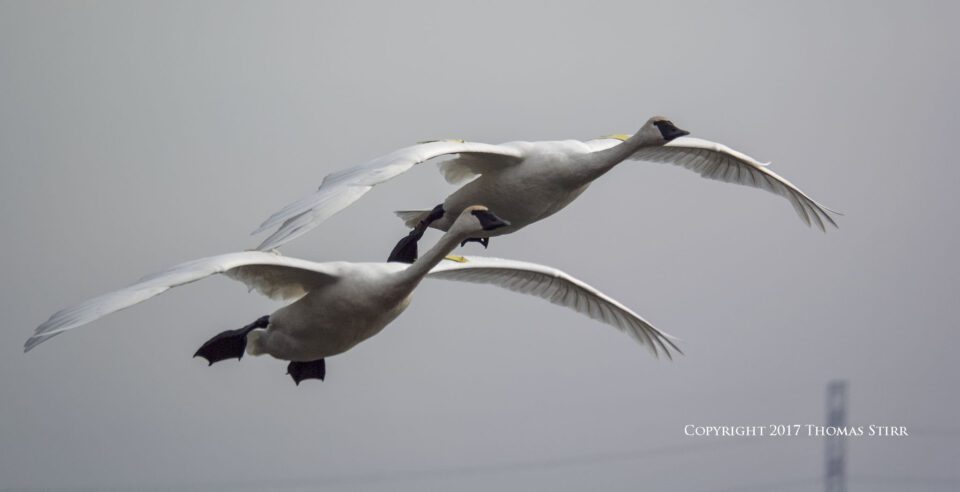
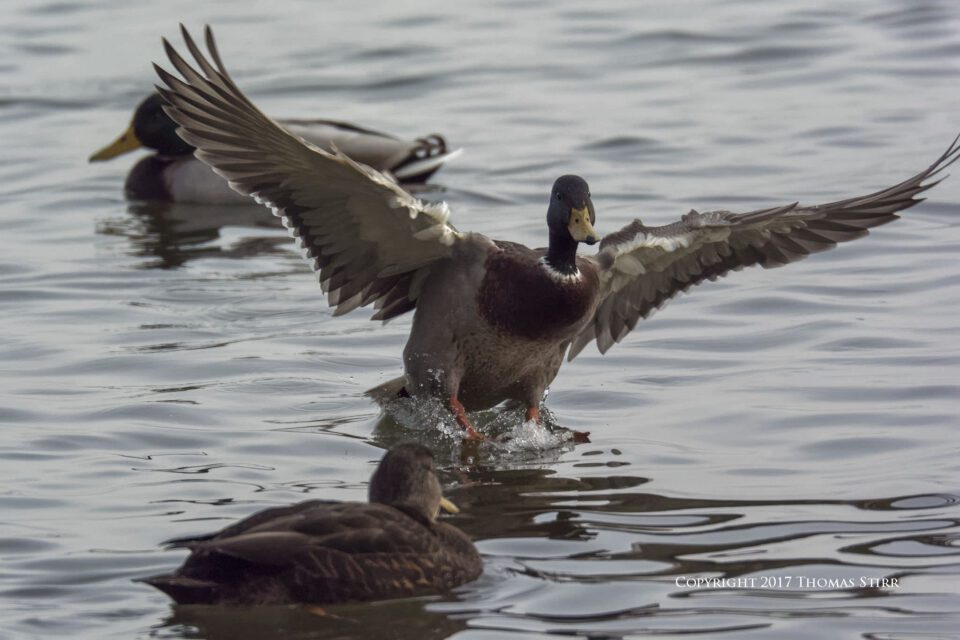
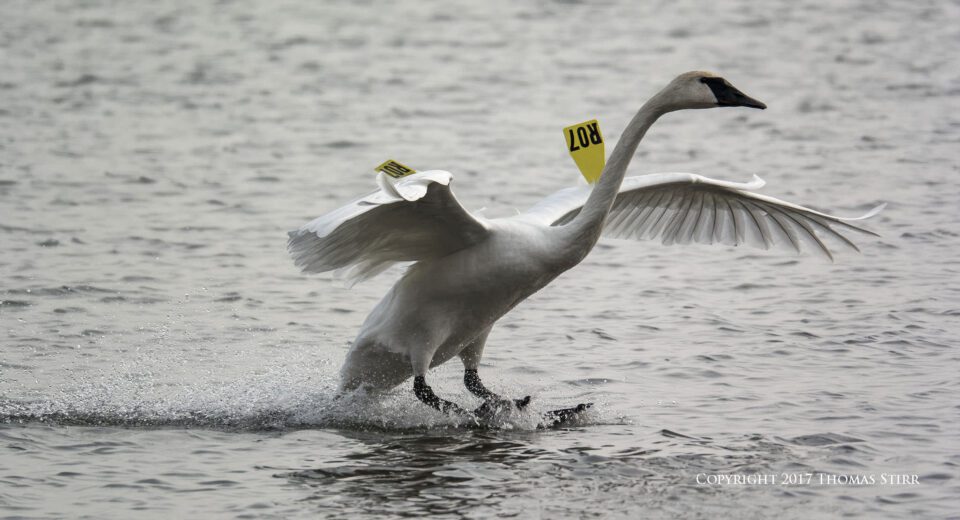
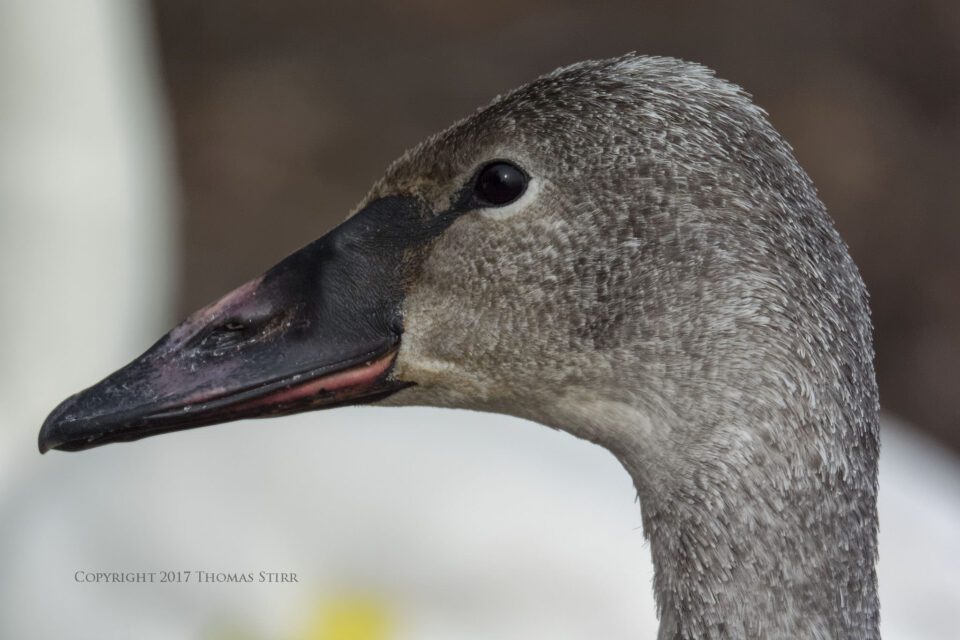
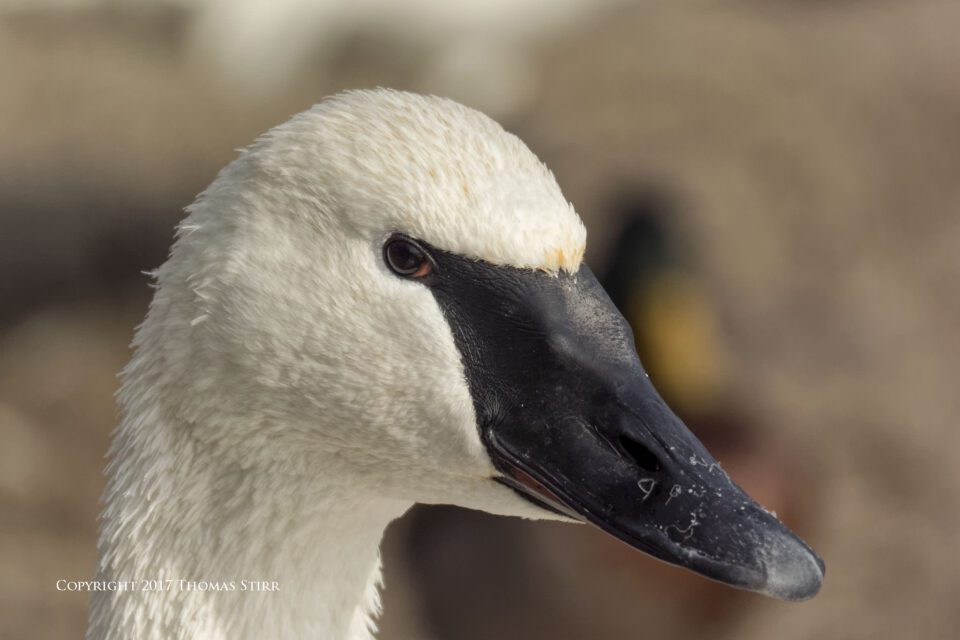
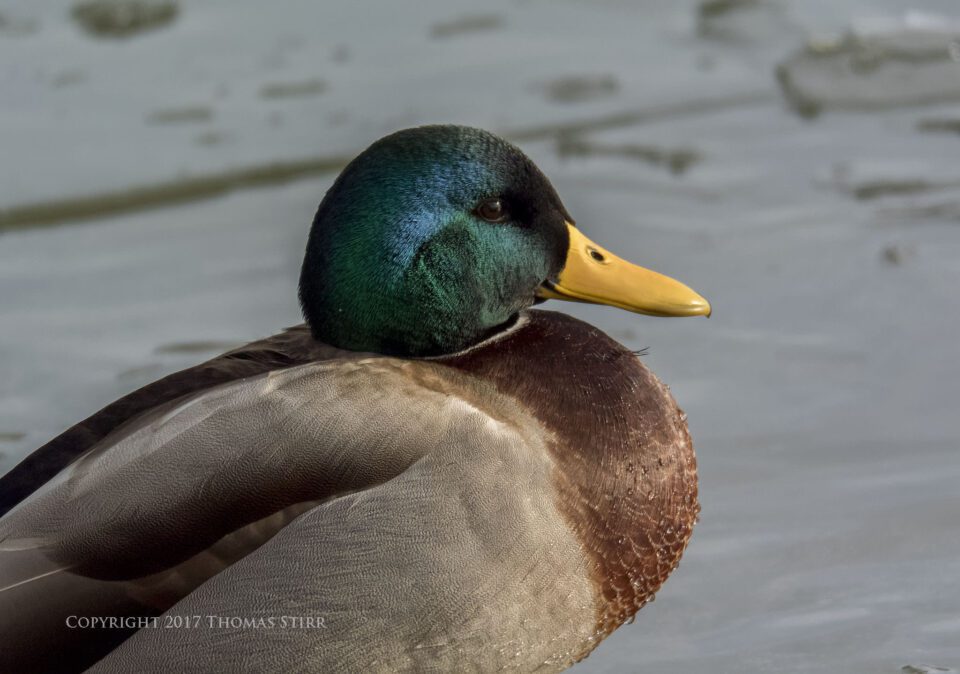
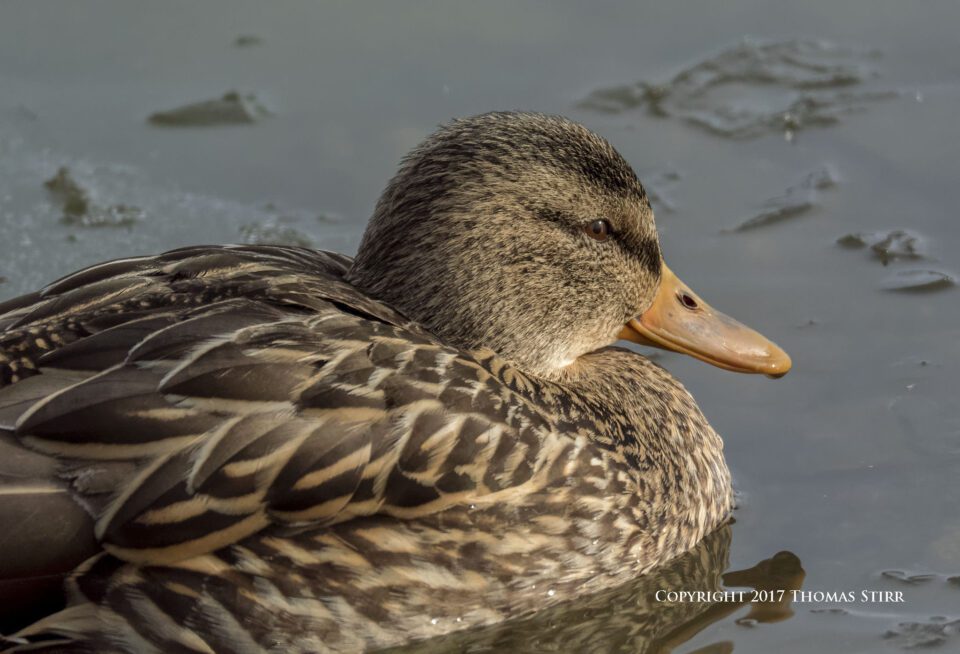
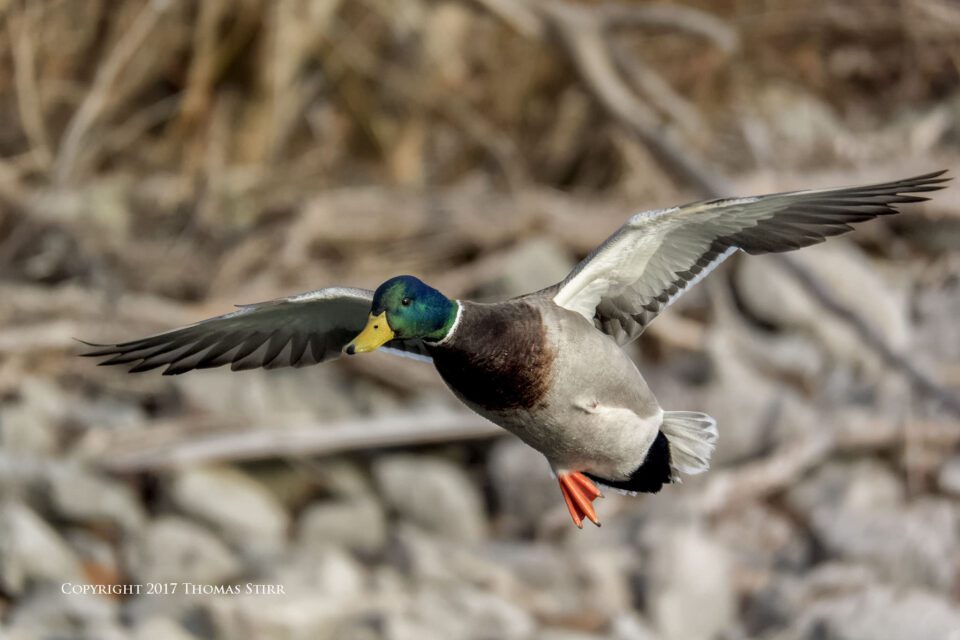
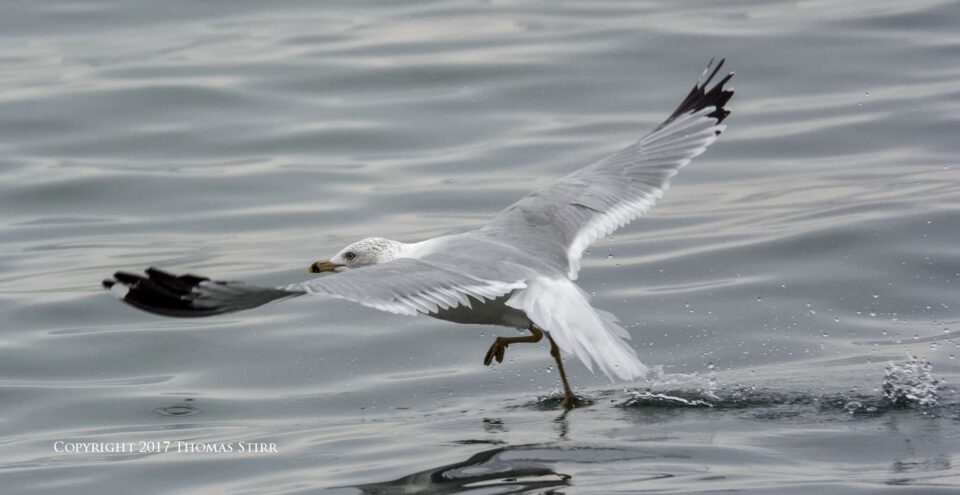
No comments:
Post a Comment